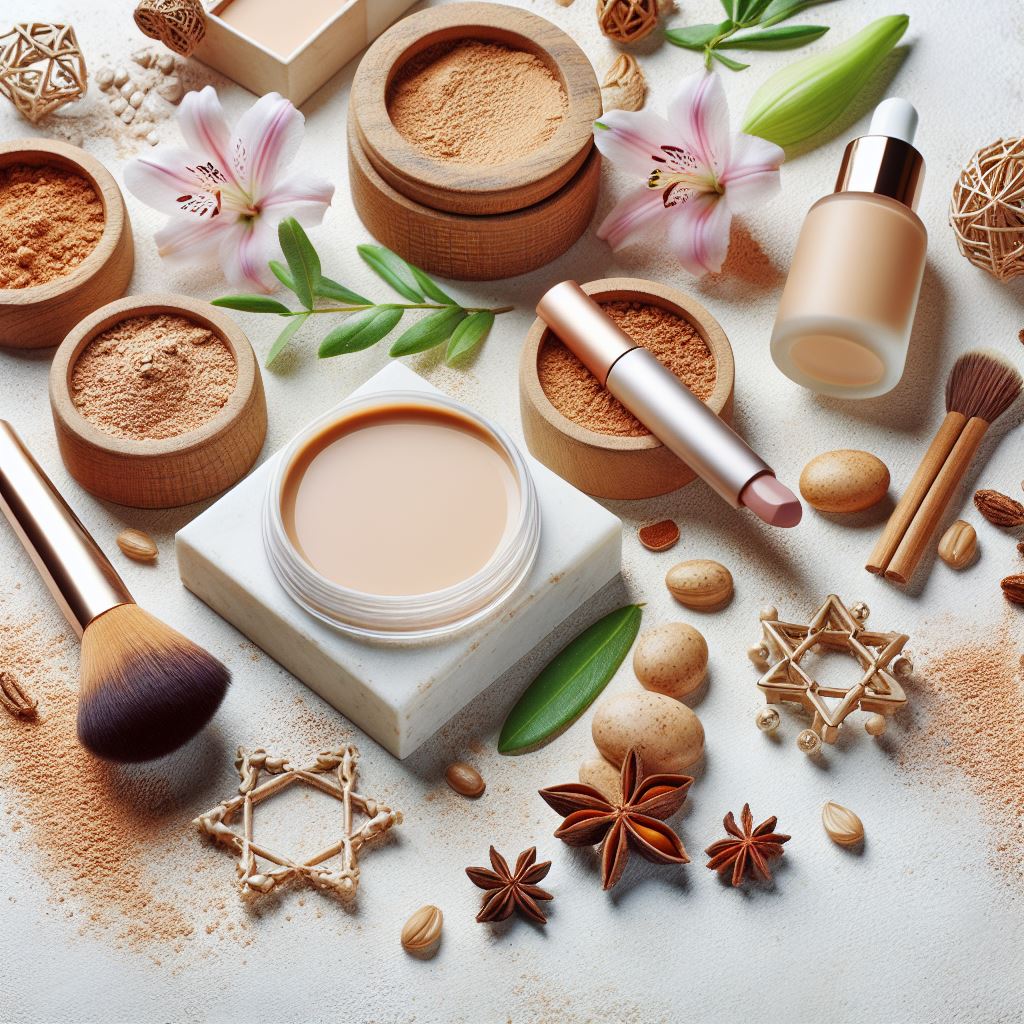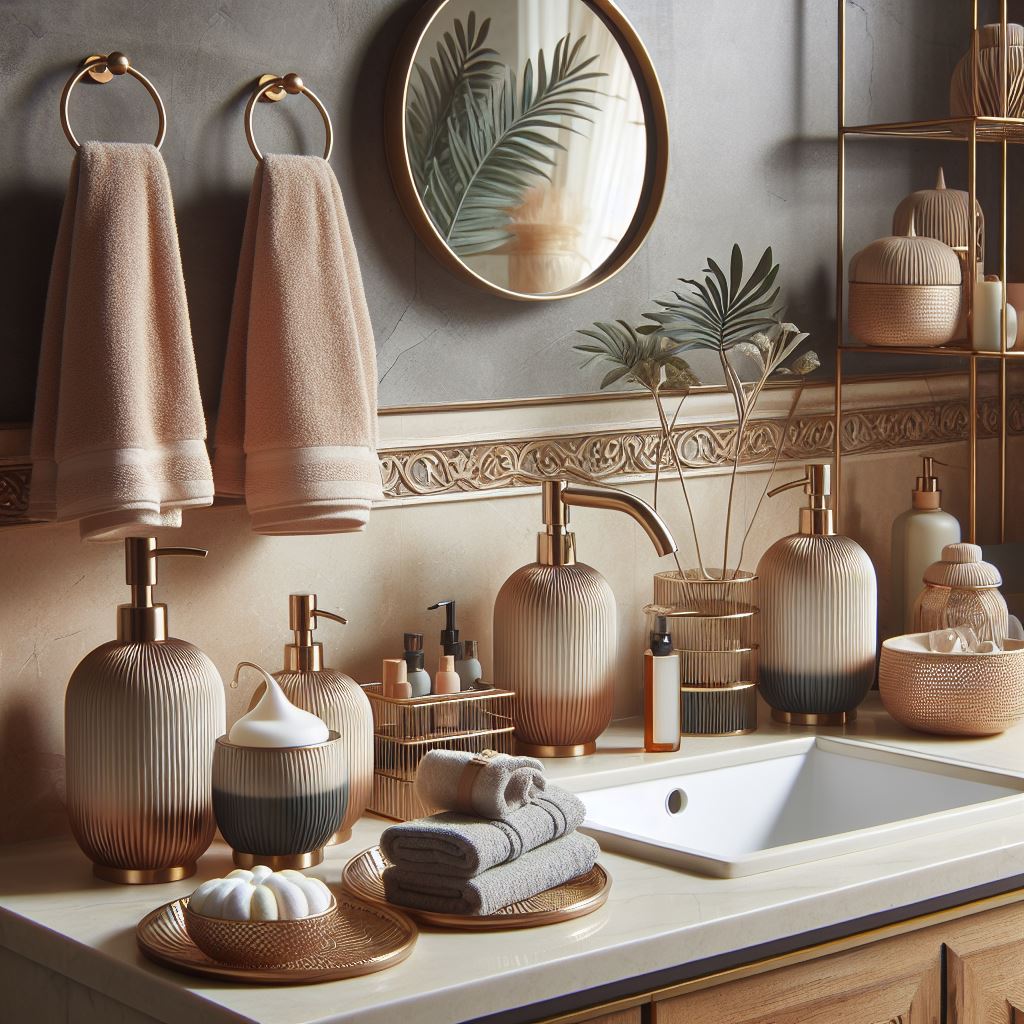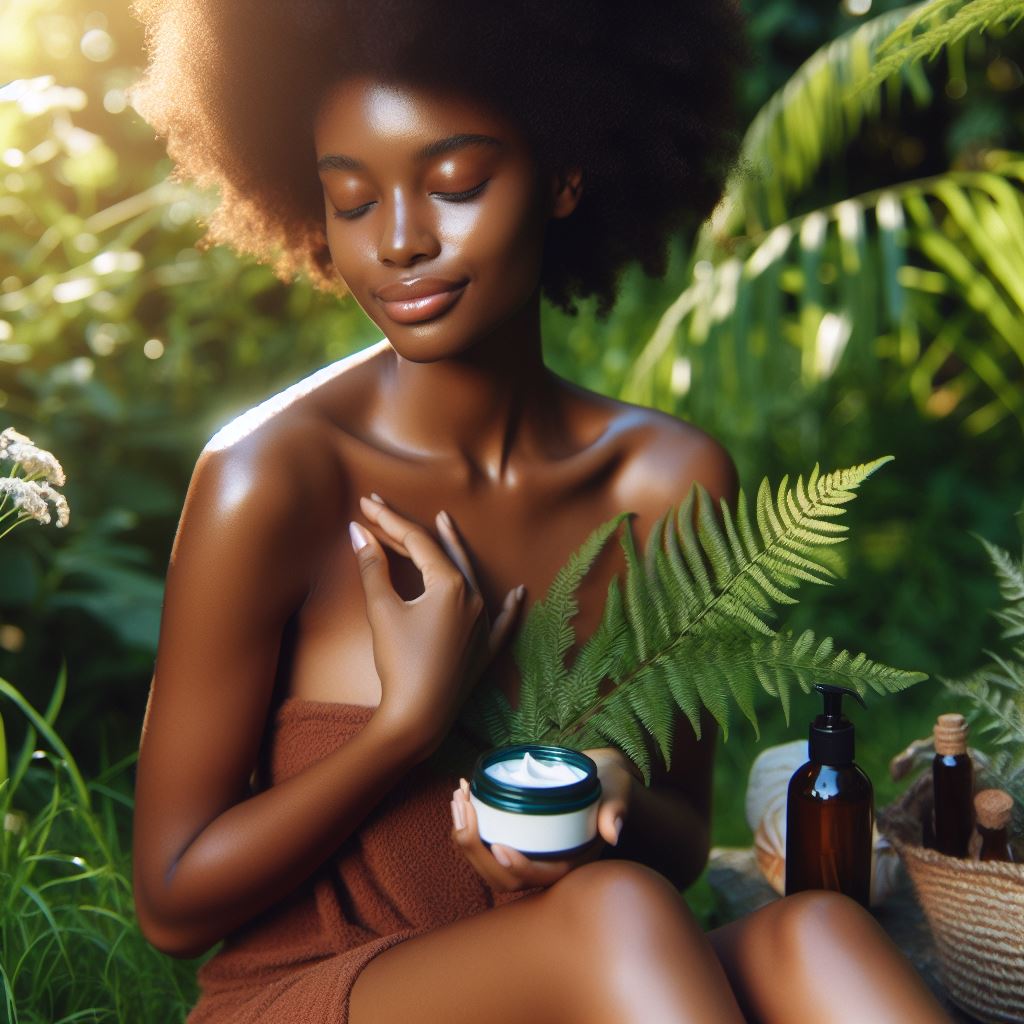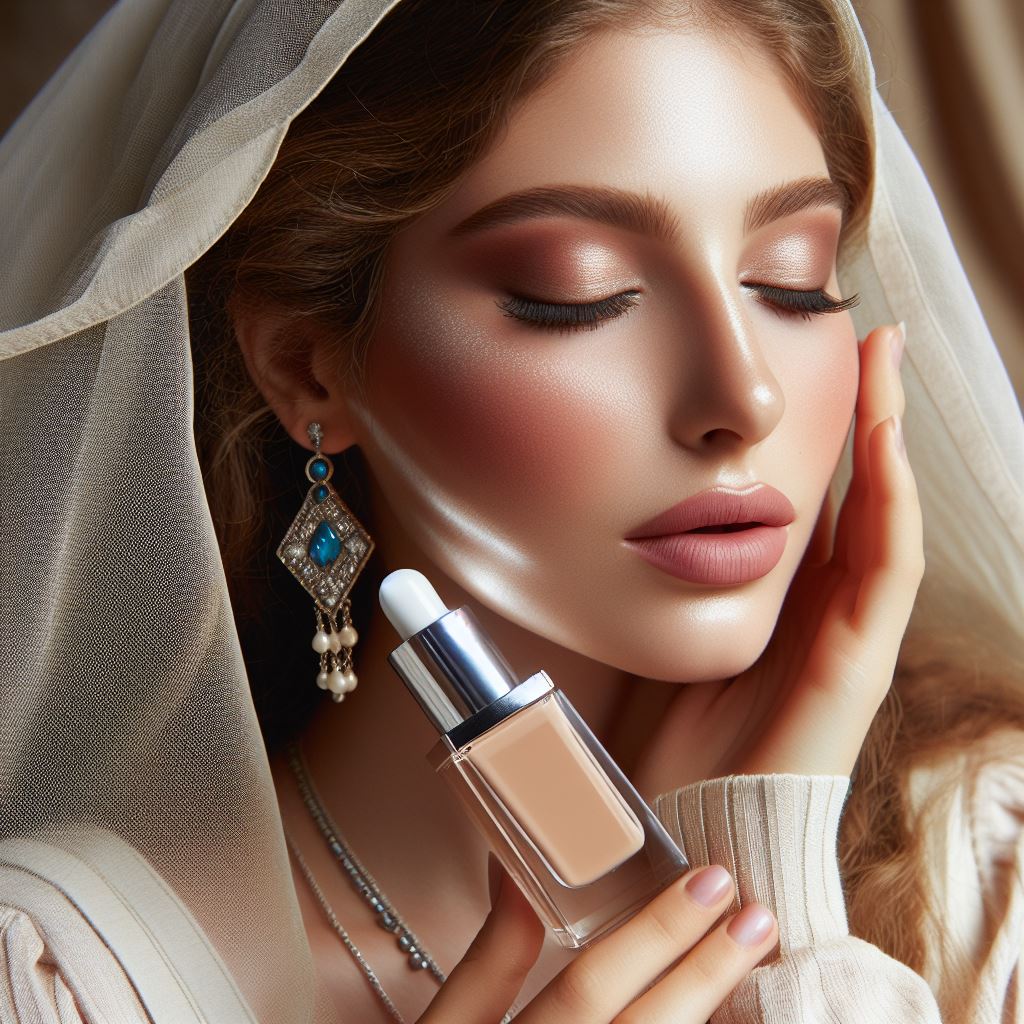What Are Natural Makeup Brushes Made Of? Discover Here!
Posted on May 28 2024

For those who cherish both beauty and the environment, **natural makeup brushes** offer a delightful blend of function and sustainability. These brushes, made from eco-friendly materials, provide a guilt-free way to enhance your makeup routine. Unlike synthetic brushes, natural makeup brushes are often crafted from *animal hair*, *plant fibers*, and *sustainable woods*, ensuring they are gentle on both your skin and the planet.
One of the key advantages of using natural makeup brushes is their *superior softness and blending capabilities*. Animal hair, commonly sourced from goats, ponies, or squirrels, is known for its ability to pick up and distribute powders seamlessly, giving you a flawless finish. For those who prefer vegan options, plant fibers such as *taklon* can also provide excellent performance, mimicking many of the beneficial properties of animal hair.
Another significant benefit is their *longevity*. Natural brushes tend to last longer than their synthetic counterparts, making them a more cost-effective and sustainable choice in the long run. Additionally, the handles of these brushes are often made from *bamboo or recycled materials*, adding another layer of eco-friendliness.
Ready to make the switch to natural makeup brushes? Buy now for a game-changing experience!
Common Materials Used in Natural Brushes

When it comes to natural makeup brushes, the materials used play a crucial role in their performance and sustainability. These materials are carefully chosen to ensure they are both effective for makeup application and gentle on the environment. Here are some of the most common materials used:
- Animal Hair: Natural brushes often utilize hair from *goats, ponies, and squirrels*. These hairs are renowned for their *softness and ability to pick up and distribute powders* evenly. Goat hair, for example, is particularly popular for its durability and versatility.
- Plant Fibers: For those seeking vegan options, plant fibers such as *taklon* are an excellent alternative. Taklon mimics many of the beneficial properties of animal hair, offering *softness and effective blending* capabilities. It's also hypoallergenic, making it suitable for sensitive skin.
- Sustainable Woods: The handles of natural makeup brushes are often made from *sustainable woods like bamboo*. Bamboo is not only sturdy but also grows quickly, making it a highly renewable resource. Other recycled materials might also be used to minimize environmental impact.
- Recycled Metals: In some cases, the ferrules (the metal part that connects the brush handle to the bristles) are made from recycled aluminum or other metals. This reduces waste and contributes to the overall sustainability of the brush.
By choosing brushes made from these materials, you can enjoy high-quality makeup application while also supporting eco-friendly practices. The thoughtful selection of ingredients ensures that these brushes are both effective and aligned with a sustainable lifestyle.
Benefits of Using Natural Makeup Brushes

Natural makeup brushes offer a multitude of benefits that make them a preferred choice for many beauty enthusiasts. Here are some of the key advantages of using natural makeup brushes:
- Enhanced Makeup Application: Natural bristles, especially those made from *animal hair*, have a *scaly structure* that allows them to pick up and distribute makeup products more effectively. This leads to a more even and seamless application, helping you achieve a flawless look.
- Softness and Comfort: The natural fibers used in these brushes are typically softer than synthetic alternatives. This ensures that the brushes feel *gentle and comfortable* on your skin, reducing the risk of irritation, especially for those with sensitive skin.
- Durability: High-quality natural brushes tend to be more durable than their synthetic counterparts. With proper care, they can last for many years, making them a worthwhile investment for your beauty routine.
- Eco-Friendly: Natural makeup brushes are often made from *sustainable materials* like bamboo and recycled metals. This reduces their environmental footprint and supports more sustainable beauty practices.
- Better Blending: The unique structure of natural bristles makes them excellent for *blending and layering* makeup. This is particularly beneficial for achieving a professional finish with powders, bronzers, and blushes.
- Hypoallergenic Options: For those with allergies or sensitive skin, plant-based natural brushes, such as those made from taklon, offer a hypoallergenic alternative. These brushes are less likely to cause skin reactions and are easier to clean.
Incorporating natural makeup brushes into your beauty routine not only enhances your makeup application but also supports a more sustainable and eco-conscious lifestyle. With their superior performance and environmental benefits, it's easy to see why natural brushes are a popular choice among makeup enthusiasts.
Comparison with Synthetic Makeup Brushes

Understanding the differences between natural and synthetic makeup brushes is crucial for making an informed choice in your beauty routine. Here's a detailed comparison of the two:
- Material Composition: Natural makeup brushes are made from *animal hair* or *plant fibers*, while synthetic brushes are typically made from *man-made materials* like nylon, polyester, or taklon. This fundamental difference impacts their performance and feel.
- Performance: Natural brushes excel in *picking up and distributing powder products*. Their *scaly structure* allows for better grip of powder particles, making them ideal for blushes, bronzers, and eyeshadows. Synthetic brushes, on the other hand, are better suited for *liquid and cream products* due to their smooth bristles that don't absorb as much product.
- Softness and Comfort: While natural brushes are known for their *soft and luxurious feel*, synthetic brushes have come a long way and can now mimic this softness quite closely. However, some users still prefer the tactile experience of natural bristles.
- Durability and Maintenance: Synthetic brushes are generally *easier to clean* and maintain, as they don't absorb products as much as natural brushes. They dry faster and are less prone to damage from frequent washing. Natural brushes require more care to maintain their integrity and softness over time.
- Ethical Considerations: With growing awareness about animal welfare, many consumers opt for synthetic brushes. Natural brushes, however, can still be a sustainable choice if sourced responsibly. Brands like *Aneley Cosmetics* ensure that their natural brushes are ethically produced and cruelty-free.
- Price Point: Synthetic brushes are usually more affordable than natural ones, making them a budget-friendly option for beginners or those looking to expand their brush collection without breaking the bank. However, investing in high-quality natural brushes can be worthwhile due to their longevity and superior performance.
Both natural and synthetic makeup brushes have their unique advantages, and the choice ultimately depends on your preferences, ethical considerations, and the types of products you use. By understanding these differences, you can make a more informed decision that enhances your makeup application and aligns with your values.
How to Care for Natural Makeup Brushes
Proper care for natural makeup brushes is essential to maintain their performance, longevity, and hygiene. Here are some detailed steps and tips to help you care for your natural makeup brushes effectively:
- Regular Cleaning: Washing your brushes regularly is crucial to remove makeup residue, oils, and bacteria. Aim to clean your natural brushes at least once a week, or more frequently if you use them daily.
- Gentle Cleansing Agents: Use a mild, sulfate-free shampoo or a specially formulated brush cleaner. Harsh detergents can damage the natural fibers, making them brittle and less effective. An organic baby shampoo is also a good alternative.
- Cleaning Method: Wet the bristles with lukewarm water, avoiding the ferrule (the metal part) to prevent loosening the glue. Apply a small amount of shampoo to the bristles and gently massage them in a circular motion on the palm of your hand. Rinse thoroughly until the water runs clear.
- Conditioning: Just like your hair, natural bristles can benefit from conditioning. After cleaning, apply a tiny amount of conditioner to the bristles, leave it for a minute, and rinse well. This helps maintain their softness and flexibility.
- Drying: Gently squeeze out excess water from the bristles with a clean towel. Reshape the bristles and lay the brush flat on a towel with the bristles hanging off the edge of a counter. This allows air to circulate and prevents moisture from seeping into the handle. Avoid drying brushes upright, as water can drip down and loosen the glue.
- Storage: Store your brushes in a dry, cool place. Use a brush holder or a case to keep them in shape and prevent dust accumulation. Avoid storing them in damp areas like the bathroom, as humidity can damage the natural fibers.
- Regular Inspections: Check your brushes periodically for signs of wear and tear. If you notice shedding bristles or a change in texture, it might be time to replace the brush to ensure optimal performance.
By following these care tips, you can extend the life of your natural makeup brushes and ensure that they continue to deliver flawless application. Proper maintenance not only preserves the quality of the brushes but also enhances your overall makeup experience.
Where to Buy Quality Natural Brushes

Finding the right place to purchase quality natural makeup brushes is just as important as knowing what they are made of and how to care for them. Here are some key considerations and reliable sources for buying high-quality natural brushes:
- Reputable Brands: Opt for well-known brands that prioritize natural materials and sustainable practices. Brands like Aneley Cosmetics are renowned for their commitment to using high-quality, natural ingredients and cruelty-free practices.
- Certified Retailers: Look for retailers that offer certified natural brushes. Certifications such as PETA cruelty-free ensure that the brushes you purchase are ethically produced.
- Customer Reviews: Reading customer reviews can provide insights into the performance and durability of the brushes. Look for reviews that specifically mention the quality of the natural materials used.
- Physical Stores: Visiting physical beauty stores allows you to feel and test the brushes before making a purchase. Stores like Sephora and Ulta often carry a selection of high-quality natural brushes.
- Online Marketplaces: Online shopping platforms offer the convenience of browsing a wide range of products from the comfort of your home. Websites like AneleyCosmetics.com provide detailed descriptions and customer reviews to help you make an informed decision.
- Specialty Beauty Stores: Specialty stores focusing on natural and organic beauty products are excellent places to find quality natural brushes. These stores often have knowledgeable staff who can guide you in selecting the best brushes for your needs.
When purchasing natural makeup brushes, it’s essential to prioritize quality and sustainability. Investing in high-quality brushes not only enhances your makeup application but also aligns with environmentally conscious practices.
Ready to elevate your makeup routine? Buy now for a game-changing experience!

0 comments